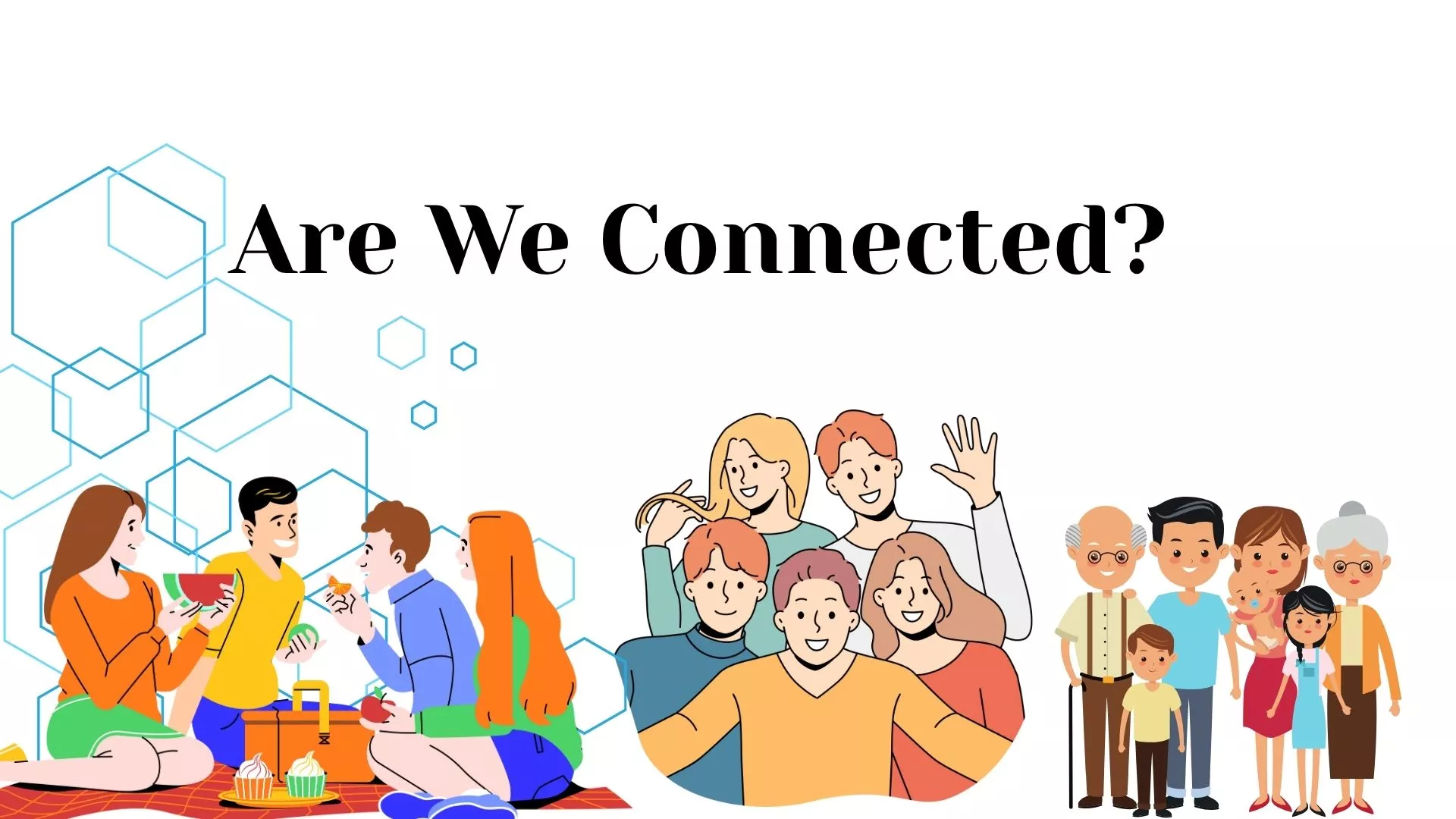As I meet clients, talk to colleagues, friends, acquaintances—the one thing that strikes me is how disconnectedly connected we’ve become.
Technology has advanced dramatically, offering us instant communication, real-time updates, and limitless access. Yet, paradoxically, we seem more isolated than ever. I often think of our parents' generation—less tech-savvy, yes, but somehow more in sync with those around them. They shared an ease in connecting not just with others, but with themselves. Words like solitude or quiet reflection were common, even comforting. Today, they’ve been replaced by isolation and loneliness.
There was a time when the morning paper, the milkman, the vegetable vendor, or even the night watchman were more than functional roles—they were points of connection. People moved about in the world, exchanging words, glances, gestures. Tone, volume, body language—all part of an unspoken emotional vocabulary. There was presence.
So, what’s changed?
How to Listen? Step One: Keep Quiet
Silence, once a natural rhythm of life, now feels like an endangered species. In an age where technology floods every moment, we’re overwhelmed—bombarded with information, overstimulated by noise, and drowning in a sea of opinions. Reels, short films, podcasts, TED Talks, hot takes—everyone's speaking, everyone’s expressing. We’ve grown comfortable performing, projecting, posting. But somewhere along the way, expression turned into noise.
And in all this noise—who’s actually listening?
Let’s be honest—silence these days is not peace; it’s a pause. A brief ceasefire before we reload and unleash our next opinion. We’re not listening. We’re waiting for our turn to speak.
True listening is something deeper.
It is the conscious act of stepping outside ourselves. It means quieting the internal monologue and offering full, undivided presence to another. It's not passive. It's not about waiting your turn. It's an act of humility, a quiet rebellion in a world addicted to speaking.
To listen is to say, without words: You matter more than my next thought.
It means suspending judgment. Letting go of the urge to fix, defend, or advise. It’s the willingness to consider a perspective that may not align with ours—and to hold space for it anyway.
In a world flooded with content, a good listener is sacred. They create space—not just for words, but for being. They hold presence the way soil holds rain—gently, openly, without resistance or agenda.
Sometimes, more than a therapist or advisor, what we need most is someone who will simply sit with us. No phones. No scrolling. No distractions. Just a fellow human being, fully present.
And before we go searching for that someone—what if we became that person?
A listener. A holder of space. Someone who absorbs without immediately offering a solution. Someone who chooses presence over performance.
Because what we need now is not more noise.
We need listening.





